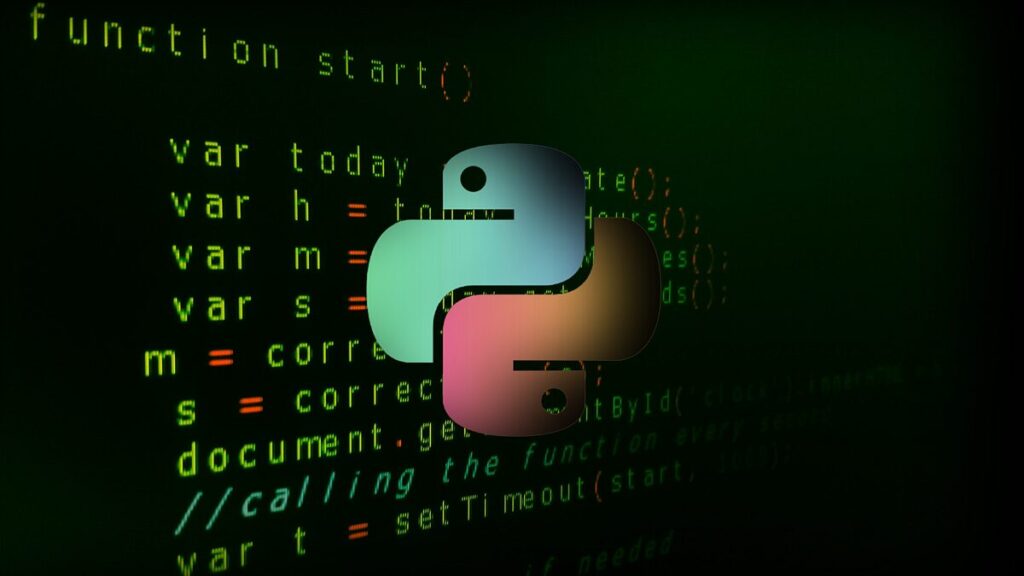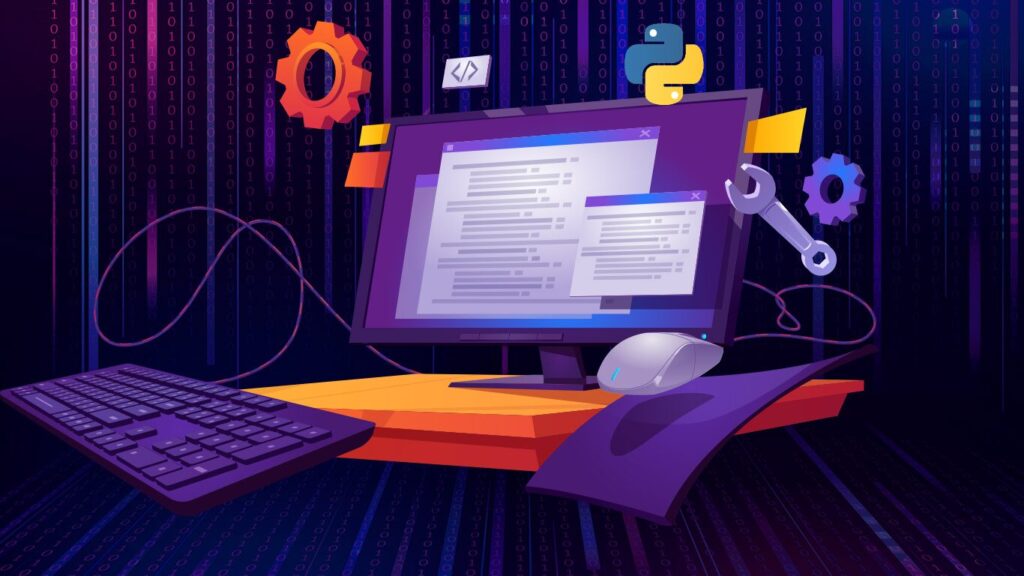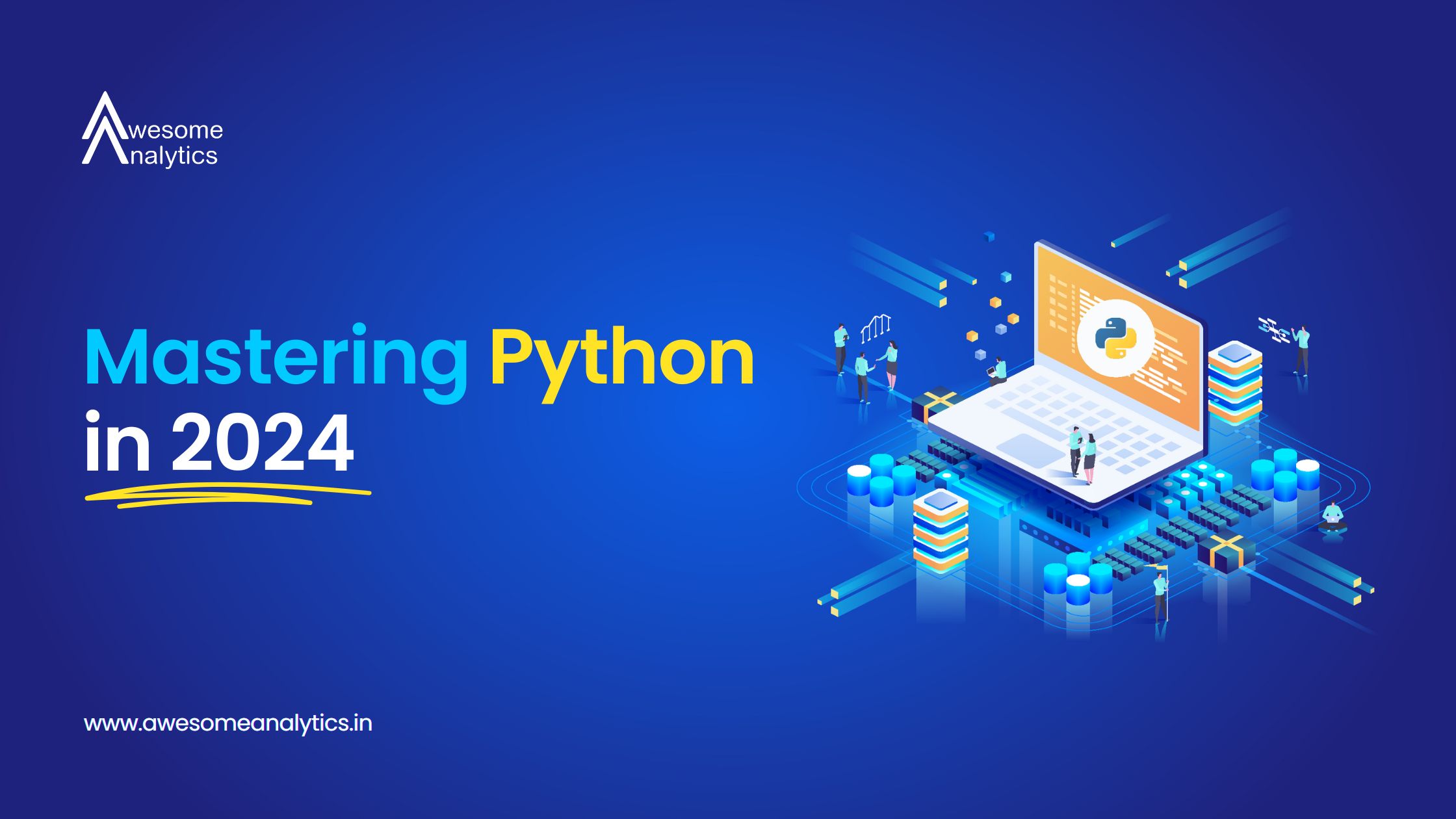Step 1: Choose Your Course
Embarking on the Python adventure requires a sturdy first step. Choose an introduction or beginner course that resonates with you. Recommendations from skilled Python enthusiasts or platforms like Codecademy, Coursera, or Zero to Mastery can guide your decision. Don't fret too much about the "perfect" course; the key is to pick one and see it through.

What to Learn:
- Variables and Data Types
- Boolean and Comparison Operators
- Control Flow and Conditionals
- For and While Loops
- Functions
-Native Data Types (Lists, Dictionaries, Tuples, etc.)
- Classes
- Packages
The goal is to pick a course and stick with it until the end.

Step 2: Build Consistent Coding Practices
Reading textbooks alone won't transform you into a proficient programmer. Deliberate practice, making mistakes, fixing them, and refining your knowledge are crucial. After an introductory course, cultivate a routine for regular Python coding. Aim for consistency, ideally coding every day, or at least twice a week. Choose platforms like HackerRank or LeetCode and solve problems until you feel comfortable with Python's syntax.
The Practice Attitude:
- Consistent repetitions are the key to mastery.
- Make coding a habit to reinforce your learning.
Step 3: Creativity Through Projects
Projects are the secret sauce to mastering Python. They blend concepts, help you debug errors, and solidify your understanding. The possibilities are endless, so choose projects aligned with your desired career path. Whether you dream of being a data scientist or a web developer, tailor your projects accordingly.
Project Ideas:
- Data science projects for aspiring data scientists.
- Website development using Django for budding web developers.
Projects blend concepts, help you debug, and solidify your Python understanding. They're your golden ticket to a practical skill set.

Navigating Python
Python isn't just a language; it's a gateway to diverse career paths. In a nutshell, Python is a game-changer, offering diverse career paths. Follow these steps:
- Choose an intro-level course
- Practice consistently on platforms like HackerRank or LeetCode.
- Dive into a project aligned with your career goals.
These steps won't guarantee an instant dream job, but they will fast-track your Python skills and allow you to iterate on your learnings. Brace yourself for some head-banging moments, but remember – the payoff is worth it in the end.
What are your thoughts on learning Python in 2024?



